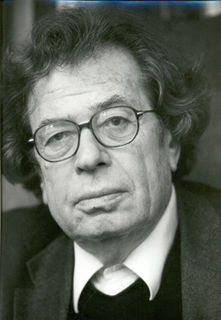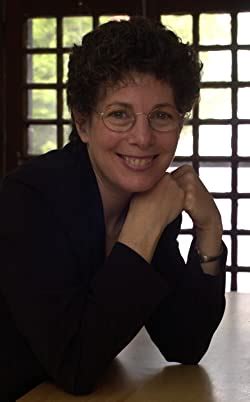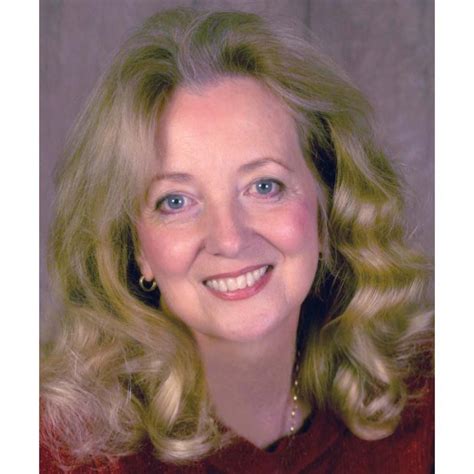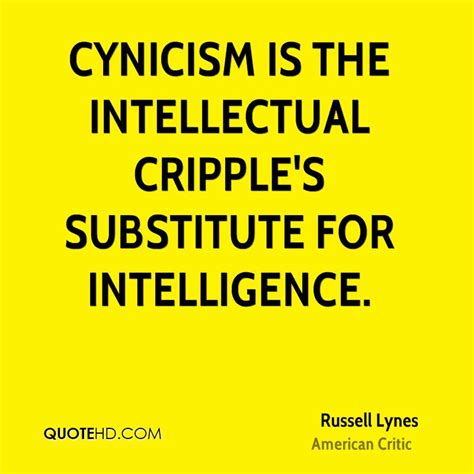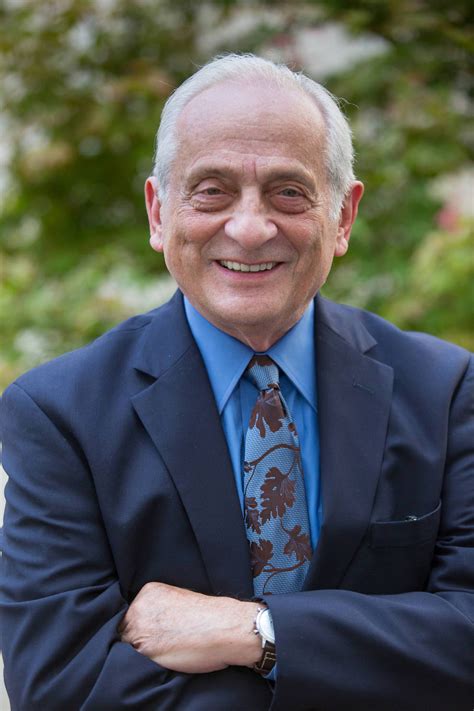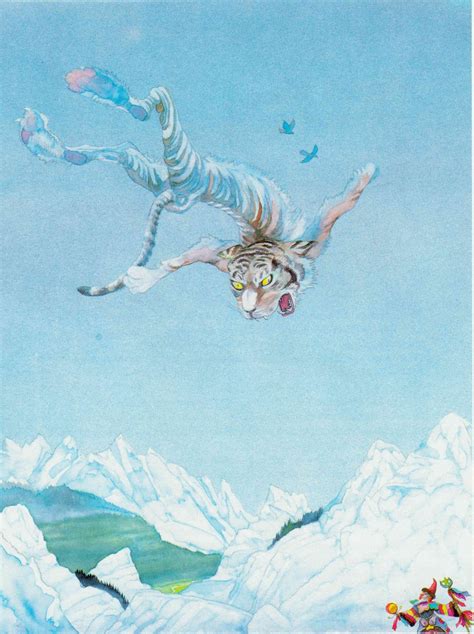A Quote by Mary Ellen Chase
There is no substitute for books in the life of a child.
Quote Topics
Related Quotes
In man's life, the absence of an essential component usually leads to the adoption of a substitute. The substitute is usually embraced with vehemence and extremism, for we have to convince ourselves that what we took as second choice is the best there ever was. Thus blind faith is to a considerable extent a substitute for the lost faith in ourselves; insatiable desire a substitute for hope; accumulation a substitute for growth; fervent hustling a substitute for purposeful action; and pride a substitute for an unattainable self-respect.
I have earned wages as a waitress, a nanny, a librarian, a personnel officer, an agricultural laborer, an advertising secretary, a typesetter, a proofreader, a mental-health-care provider, a substitute teacher, and a book reviewer. In and around the edges of all those jobs I have written poems, stories, and books, books, books.
We are in the position of a little child entering a huge library, whose walls are covered to the ceiling with books in many different languages. The child knows that someone must have written those books. It does not know who or how. It does not understand the the languages in which they are written. The child notes a definite plan in the arrangement of the books, a mysterious order, which it does not comprehend but only dimly suspects.
Love always seeks for betterment, for ways of making life more workable, joyful, whole, and beautiful. Love examines every option available to bring about an improvement in life. This kind of discernment is an act of decency, not an act of judgment. Rigid philosophies of judgment will seek to establish structure as a substitute for decency, control as a substitute for trust, and the mind as a substitute for higher awareness.
I wish that the adults who are 'in power' cared more about what their children read. Books are incredibly powerful when we are young - the books I read as a child have stayed with me my entire life - and yet, the people who write about books, for the most part, completely ignore children's literature.
I've heard people ask, What's so sacred about a classic books that you can't change it for the modern child? Nothing is sacred about a classic. What makes a classic is the life that has accrued to it from generation after generation of children. Children give life to these books. Some books which you could hardly bear to read are, for children, classic.




